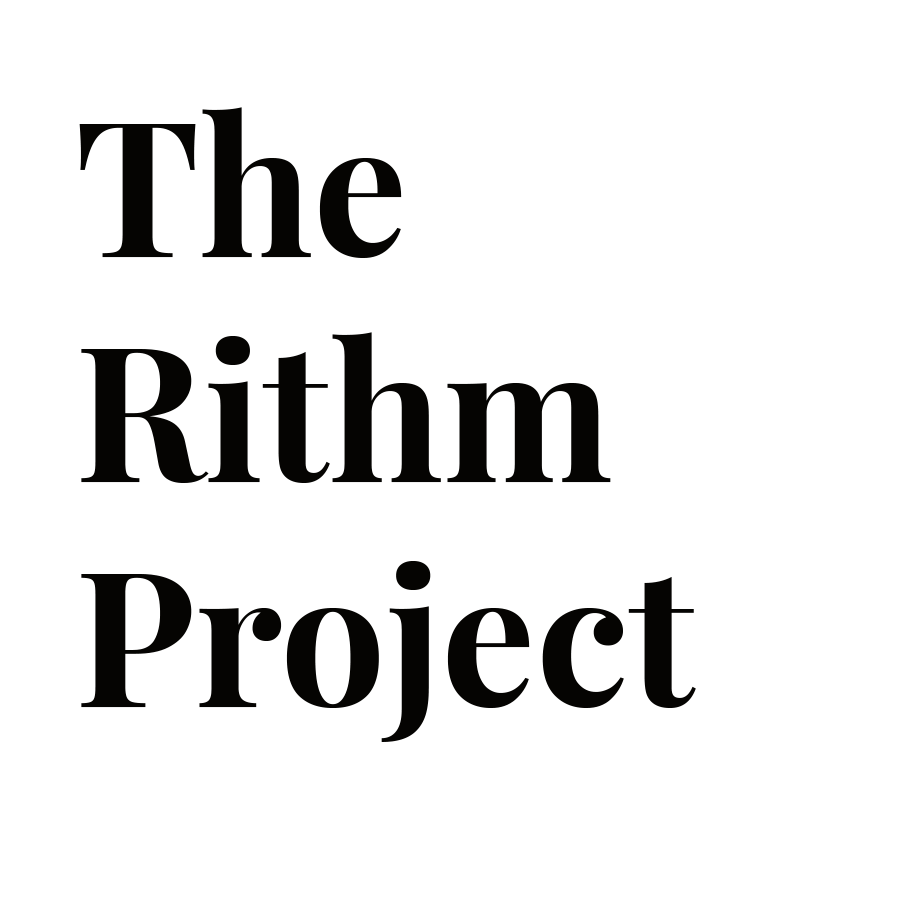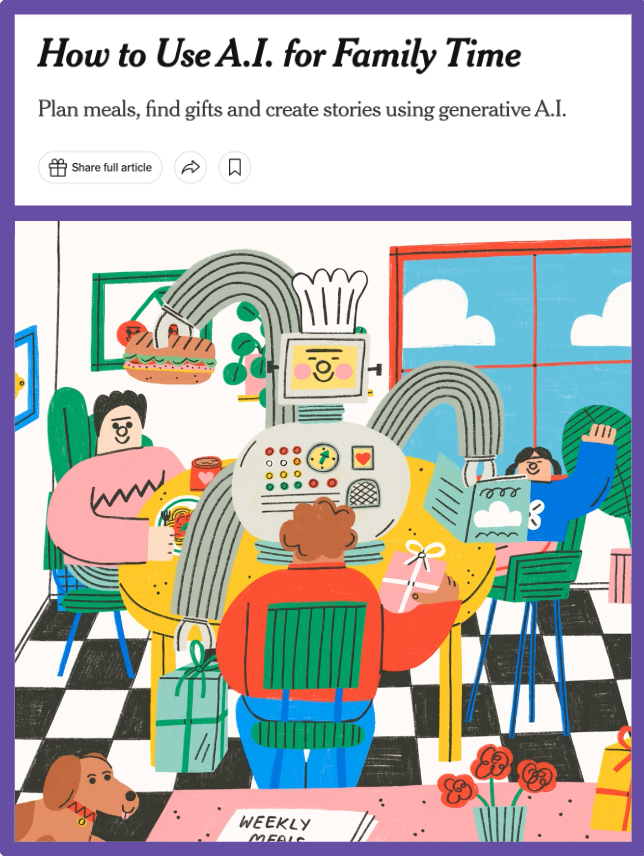Building human connection
in an age of AI.
From crisis to crossroads. The rising generation has the power to reverse the trend toward isolation and build a future where humanity and connection thrive. We’re here to help them lead the way.

Former U.S. Surgeon General Dr. Vivek Murthy raised the alarm on American loneliness, urging the country to “prioritize building social connections the same way we have prioritized other critical public health issues such as tobacco, obesity, and substance use disorders.”
The data backs up the sense of urgency: In 2021, 25% of high schoolers reported that they had considered suicide, while 4 in 10 said they experienced persistent feelings of sadness or hopelessness. Only 27% of American men have at least six close friends — half of what it was 30 years ago.
AI is about to make this a lot more complicated. From the proliferation of empathetic, ever-present AI “companions” to deepfake technology altering our sense of truth, the way we connect with ourselves and each other will change dramatically.
But isolation is not a foregone conclusion. Young people today will be the first AI natives. Having grown up up with a deep understanding of the ways technology intersects with relationships, they are already innovating with new ways to use digital spaces for expression, belonging, and community.
The Rithm Project equips the next generation to navigate this evolving landscape with awareness, discernment, and agency — helping them prioritize meaningful human connection in an age of AI.

“All these new things, these new inventions and new powers, come crowding along: every one is fraught with consequences, and yet it is only after something has hit us hard that we set about dealing with it.”
H.G. Wells
Historian + science fiction writer (1866 - 1946)





